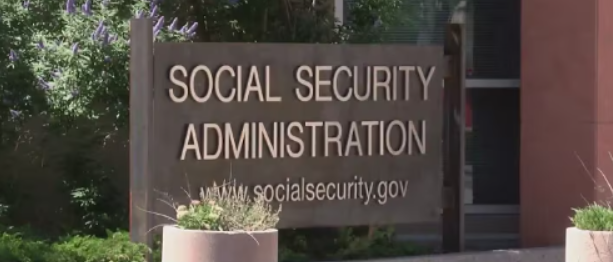Good news for Social Security recipients: A change is coming that could speed things up
- Replies 0
If you’ve ever nervously waited for your Social Security payment to hit your account, you know how critical timing can be.
For millions of retirees, survivors, and those living on fixed incomes, these monthly checks are more than just money—they're peace of mind.
That’s why recent news from the Social Security Administration (SSA) is turning heads and bringing relief.
Just over a month ago, the SSA implemented a new anti-fraud rule requiring a three-day waiting period for retirement claims filed by phone.
The idea? Prevent identity theft by giving officials time to verify the caller's identity.
On paper, it seemed like a smart safeguard. In practice? Not so much.
Out of over 100,000 claims, only two were flagged as potentially fraudulent.
Meanwhile, honest applicants—mostly older Americans—were left stuck in limbo.
Processing times dropped by 25%, creating a ripple effect of delays and frustration nationwide.
The policy had the biggest impact on seniors and survivors who file over the phone—often because they lack internet access or live in rural areas far from SSA offices.
Even though disability claims were eventually excluded from the delay, the damage was done: trust in the system took a hit, and thousands were left waiting for benefits they earned.
Fraud prevention is serious business. The SSA has a duty to protect the integrity of its programs.
But this case shows that not every well-meaning policy works as intended—especially when it disrupts access for the most vulnerable.
The good news? The SSA’s apparent willingness to admit the mistake and course-correct shows a growing commitment to transparency, responsiveness, and public service.
This episode is a reminder that policy matters, and so does your voice.
Read next:

Have you experienced delays or confusion with your Social Security benefits? How did it impact your daily life? Do you have advice for navigating the system—or suggestions for how it can be improved? Drop your thoughts in the comments. Your experience could help others—and push the conversation forward.
For millions of retirees, survivors, and those living on fixed incomes, these monthly checks are more than just money—they're peace of mind.
That’s why recent news from the Social Security Administration (SSA) is turning heads and bringing relief.
Just over a month ago, the SSA implemented a new anti-fraud rule requiring a three-day waiting period for retirement claims filed by phone.
The idea? Prevent identity theft by giving officials time to verify the caller's identity.
On paper, it seemed like a smart safeguard. In practice? Not so much.
Out of over 100,000 claims, only two were flagged as potentially fraudulent.
Meanwhile, honest applicants—mostly older Americans—were left stuck in limbo.
Processing times dropped by 25%, creating a ripple effect of delays and frustration nationwide.
The policy had the biggest impact on seniors and survivors who file over the phone—often because they lack internet access or live in rural areas far from SSA offices.
Even though disability claims were eventually excluded from the delay, the damage was done: trust in the system took a hit, and thousands were left waiting for benefits they earned.
Fraud prevention is serious business. The SSA has a duty to protect the integrity of its programs.
But this case shows that not every well-meaning policy works as intended—especially when it disrupts access for the most vulnerable.
The good news? The SSA’s apparent willingness to admit the mistake and course-correct shows a growing commitment to transparency, responsiveness, and public service.
This episode is a reminder that policy matters, and so does your voice.
Read next:
- Your June 2025 Social Security check: When it's coming and how to plan ahead
- Trump just dropped a Social Security update—Here’s what to know
- Retirees on edge with “real and growing” anxiety about Social Security
Key Takeaways
- The SSA is reportedly preparing to reverse a new anti-fraud policy that imposed a three-day delay on phone-based retirement claims.
- The delay caused a 25% drop in processing speed but flagged only two cases of potential fraud out of over 100,000 claims.
- Seniors, survivors, and those with limited internet access were most affected.
- Reversing the policy could restore faster payments and rebuild public trust.







